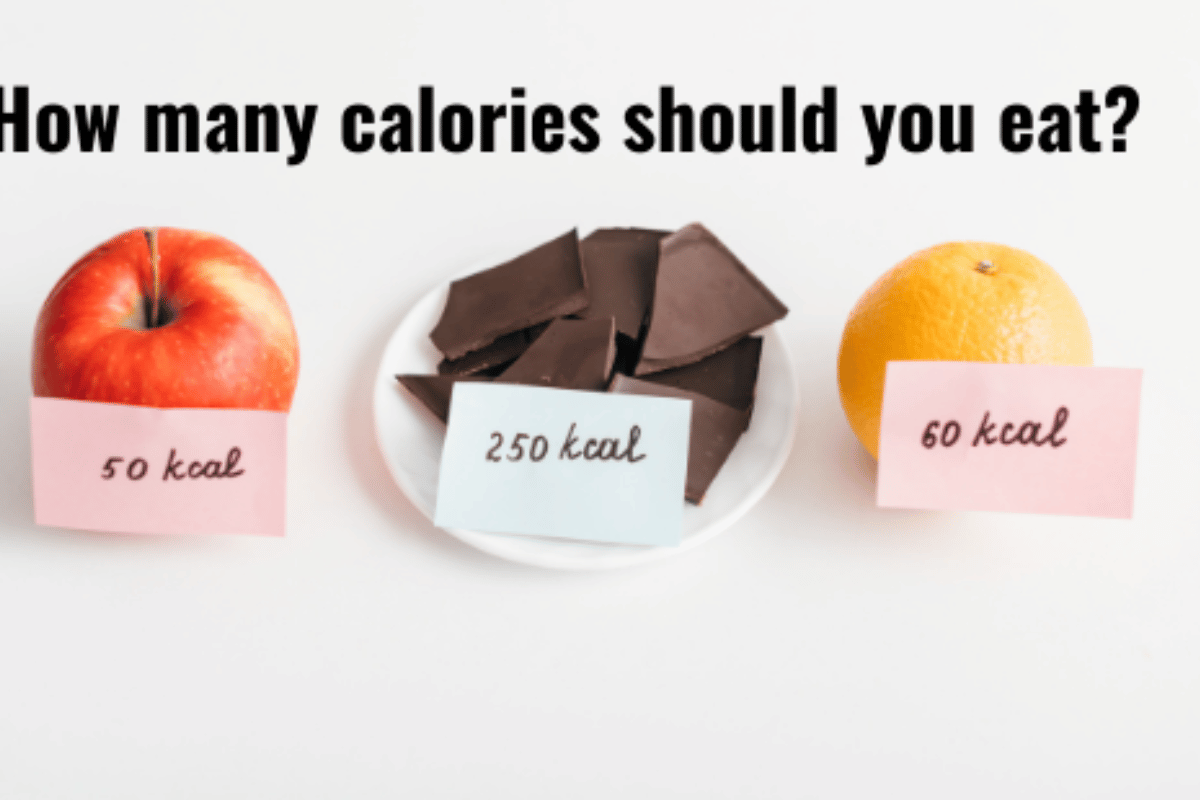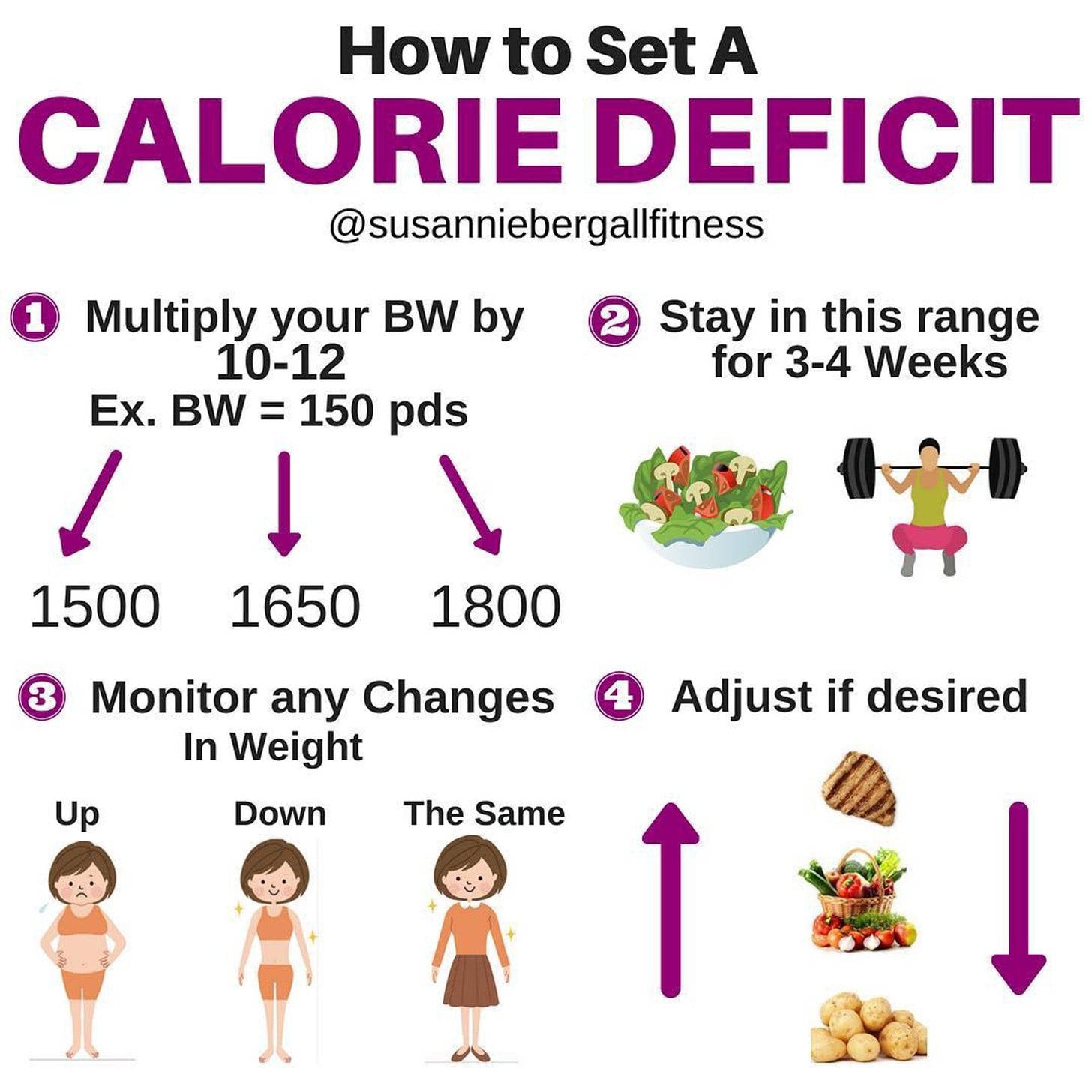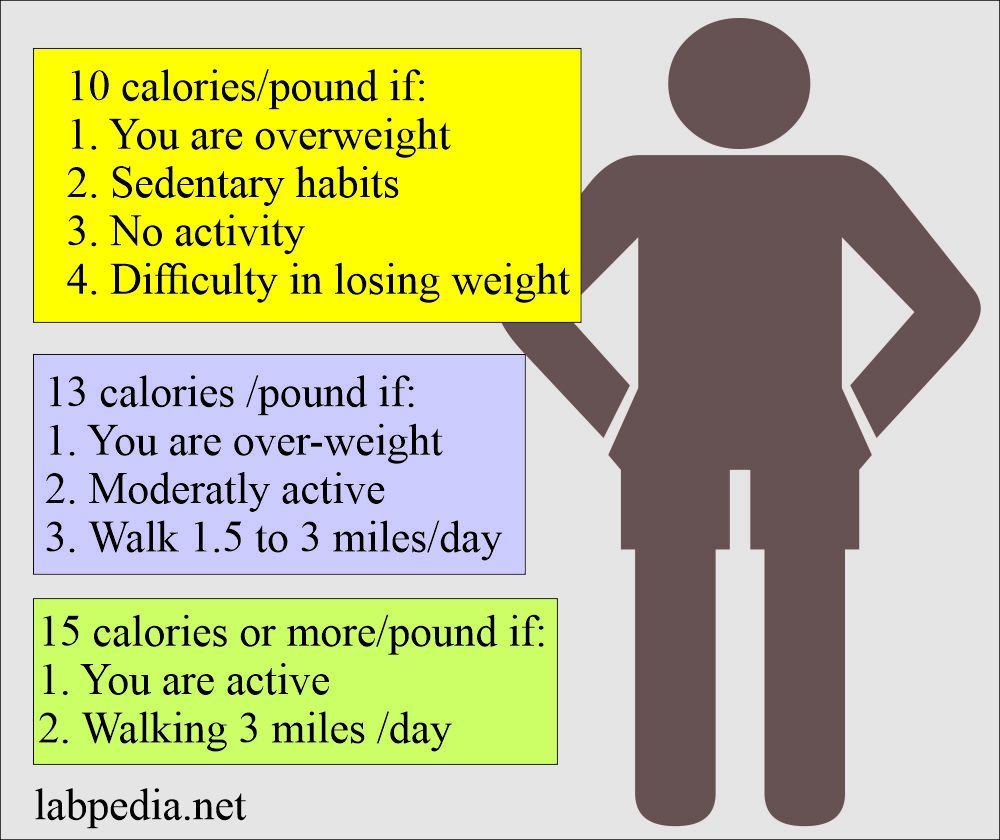How Many Calories Must I Consume To Lose Weight

The quest to shed unwanted pounds is a journey undertaken by millions, often fraught with confusion and conflicting advice. At the heart of this journey lies a fundamental question: How many calories must I consume to lose weight? The answer, while seemingly simple, is nuanced and deeply personal, dependent on a complex interplay of factors that extend far beyond basic math.
Unraveling the complexities of calorie deficits requires understanding individual metabolism, activity levels, and overall health. This article delves into the science behind weight loss, offering a comprehensive guide to calculating your ideal calorie intake and navigating the challenges of sustainable weight management. We will explore evidence-based strategies and debunk common myths, empowering you with the knowledge to achieve your weight loss goals safely and effectively.
Understanding Calorie Deficits: The Science of Weight Loss
Weight loss fundamentally boils down to creating a calorie deficit. This means consuming fewer calories than your body burns over a given period, forcing it to tap into stored energy reserves, primarily fat. A deficit of 3,500 calories generally equates to the loss of one pound of fat, according to the widely accepted, although somewhat outdated, 3,500-calorie rule.
However, the actual rate of weight loss can vary significantly. This variation depends on individual metabolic rate, body composition, and adherence to the dietary plan.
Calculating Your Basal Metabolic Rate (BMR)
Your Basal Metabolic Rate (BMR) represents the number of calories your body burns at rest, essential for maintaining vital functions like breathing and circulation. Several formulas, such as the Harris-Benedict equation and the Mifflin-St Jeor equation, can estimate BMR based on factors like age, sex, height, and weight. The Mifflin-St Jeor equation is often considered more accurate.
These equations provide a starting point for calculating your daily calorie needs. Online calculators are readily available to simplify this process, but consulting a registered dietitian for personalized assessment is highly recommended.
Accounting for Activity Levels
Once you've calculated your BMR, you need to factor in your activity level. A sedentary lifestyle requires fewer calories than a highly active one. Multiply your BMR by an activity factor to estimate your Total Daily Energy Expenditure (TDEE), which represents the total number of calories you burn each day.
Activity factors range from 1.2 for sedentary individuals to 1.9 or higher for those with very active lifestyles. The result is an estimate of the number of calories needed to maintain your current weight.
Creating a Sustainable Calorie Deficit
To lose weight, you must create a calorie deficit by consuming fewer calories than your TDEE. A deficit of 500-750 calories per day is generally considered safe and sustainable, potentially leading to a weight loss of 1-2 pounds per week. Drastically reducing calorie intake can be counterproductive, slowing down metabolism and potentially leading to nutrient deficiencies.
The National Institutes of Health (NIH) recommends gradual and sustainable lifestyle changes for long-term weight management. This includes not only calorie restriction but also regular physical activity and behavioral modifications.
The Role of Macronutrients
While calorie counting is important, the source of those calories also matters. Focusing on whole, unprocessed foods rich in protein, fiber, and healthy fats can promote satiety and support muscle mass. Protein, in particular, has a higher thermic effect than carbohydrates and fats, meaning it requires more energy to digest.
This can contribute to a slightly increased calorie expenditure. Limiting sugary drinks, processed foods, and excessive saturated and trans fats is crucial for optimizing weight loss and overall health.
Potential Pitfalls and Considerations
Individual metabolisms vary significantly due to genetics, age, and hormonal factors. Conditions like hypothyroidism can slow down metabolism, making weight loss more challenging. It’s essential to consult with a healthcare professional to rule out any underlying medical conditions that may be affecting your weight.
Furthermore, long-term calorie restriction can lead to metabolic adaptation, where the body adjusts to the lower calorie intake by reducing its energy expenditure. This is where strategies like calorie cycling or incorporating occasional higher-calorie days can be beneficial.
Looking Ahead: The Future of Weight Management
Emerging research in areas like gut microbiome and personalized nutrition promises to further refine our understanding of weight management. Personalized dietary plans based on individual genetic profiles and metabolic responses may become more commonplace in the future. Until then, a balanced approach combining calorie awareness, mindful eating, regular physical activity, and professional guidance remains the cornerstone of successful weight loss.
Remember, sustainable weight loss is a journey, not a sprint. Focus on making gradual, lasting changes to your lifestyle rather than seeking quick fixes. Celebrate your progress along the way, and be patient with yourself as you navigate the complexities of achieving your health and fitness goals.













.jpeg)




